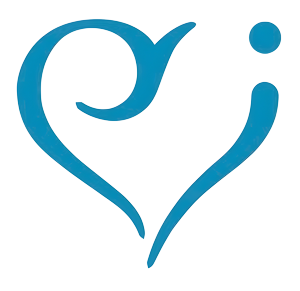Hayfever, rhinitis, Sinusitis: What Can Actually Help This Spring?
Spring in Melbourne means more than just blooming flowers -it can also bring a rush of itchy eyes, sneezing, and blocked noses as pollen and dust levels rise. If you’re feeling the impact, you’re not alone.
My Story: From Hayfever Sufferer to Symptom-Free
I remember how tough hayfever used to be for me, especially during those high-pollen months. Years of working on my gut health and anti-inflammatory routines have made all the difference. I’m now 100% symptom free. This spring, though, I’m seeing many of you come in not only for allergies but also with ongoing upper respiratory issues, chronic sinusitis and bronchitis. It’s clear that allergy management is more important than ever.
Five Smart Ways to Reduce Hayfever
Here are five lifestyle strategies to get you on track and make spring more enjoyable:
Increase fluids: Drink at least 2 litres of spring or filtered water a day to thin mucus and lower inflammation.
Fill up on plant foods: Aim for 30+ types of fruits and veggies a week. -think citrus, berries, pineapple and pineapple core, broccoli, leafy greens, plus apples, garlic and onions for natural antihistamine quercetin. Go organic when you can to reduce your toxin load. If you …Don’t have my histamine or anti-inflammatory food lists yet? Get in touch with me.
Up your omega-3s: Add oily fish (like wild salmon, sardines, mackerel) or a tablespoon of flaxseed for natural inflammation control, or ask me for a fish oil recommendation that’s sustainable tested and effective. Don’t go for the potentially rancid bargain bin fish oil, you will waste your money.
Consider key nutrients: Zinc (oysters and other shellfish, red meat, poultry, nuts, seeds, legumes; beans and lentils) boosts a balanced immune response (but avoid long-term use without checking your iron), and vitamin C (found in kiwi, broccoli, and strawberries) is a natural antihistamine.
Enjoy medicinal teas: Nettle leaf, rooibos, elderflower, eyebright, and green tea provide bioflavonoids and antioxidants. Nettle and rooibos, in particular, are known for blocking histamine. Go for organic loose leaf, and always check if they're right for you—fresh garden nettle makes an excellent addition to your tea this time of year.
Quick Everyday Strategies
Use the Melbourne Pollen Count app for daily forecasts; stay indoors on high-pollen days, especially after wind or rain.
Shower and change clothes after being outdoors to remove lingering pollen.
Wear sunglasses to protect your eyes and set your car to recirculate air.
My Go-To Liquid Herbs for Hayfever & Sinusitis..
Liquid herbal formulas can clear mucus, move lymph, and calm your immune system.
Some of my top picks for hayfever and sinus congestion include:
Albizia
Eyebright
Horseradish
Goldenrod
Baical Skullcap
Golden Seal
Elderflower
Liquorice root
If custom herbal blends aren’t for you, I also recommend Biomedica’s Histease. Many clients have great results with its anti-inflammatory herbs and nutrients especially when paired with lifestyle changes
Need Personalised Support?
If getting enough anti-inflammatory foods is a struggle, I suggest Orthoplex Clinical or Bioactive Lipids - ethically sourced and tested for results.
Are you already a client and want these added to your online script? Or need a personalised immune and upper respiratory protocol for spring?
Book an acute online consult, or simply email or call me. I’m here to help you breathe easier through spring!
Photo by Towfiqu barbhuiya on Unsplash
